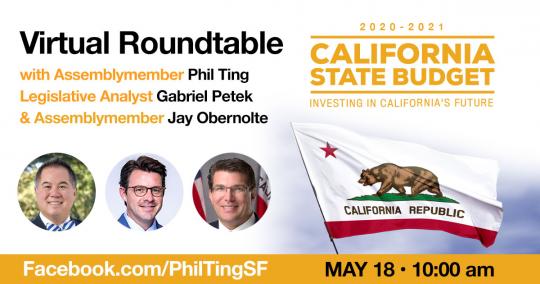Assembly Advances Package of Bills to Address Homelessness

Package of legislation aims reduce homelessness and ensure funds are used efficiently
Sacramento, CA--A package of bills proposed by California lawmakers to tackle California’s homelessness crisis passed the California State Assembly this week. The proposals aim to establish aggressive new strategies, ensure accountability, and increase funding to address homelessness.
On any given night, more than 150,000 Californians experience homelessness, and the state has the highest rate of unsheltered homeless individuals in the nation. Even as people are housed, more are falling into homelessness. In Los Angeles County, for every 133 people housed, 150 fall into homelessness. In Oakland, for one person housed, two more become homeless. In San Francisco, for every one person housed, three become homeless.
As COVID-19 continues to impact communities around the state, the need to comprehensively address homelessness has only become more urgent. With more than a quarter of California’s workforce unemployed, individuals who were already facing precarious financial situations have become more susceptible to falling into homelessness. With troubling outbreaks in unhoused communities across the state, COVID-19 has been especially dangerous for those experiencing homelessness.
The bills that moved forward this week seek to address homeless on a number of fronts, ranging from requiring accountability to implementing bold new strategies to speeding up construction of shelters.
While many localities have tried mightily to increase their emergency shelter capacity, cities still run into roadblocks like lengthy approval processes and slow construction. Assembly Bill 2553 by Assemblymember Phil Ting (D-San Francisco) would address this by giving localities flexibility to expedite the construction of shelters. AB 2553 expands and builds off of the successful emergency shelter pilot program passed in 2017.
“The key to getting emergency shelters up and running quickly is flexibility,” said Assemblymember Ting. “Cities and counties cannot afford delays when homeless individuals and families need a roof over their heads now. With my bill, local leaders will be able to overcome hurdles that can slow construction when time is of the essence.”

